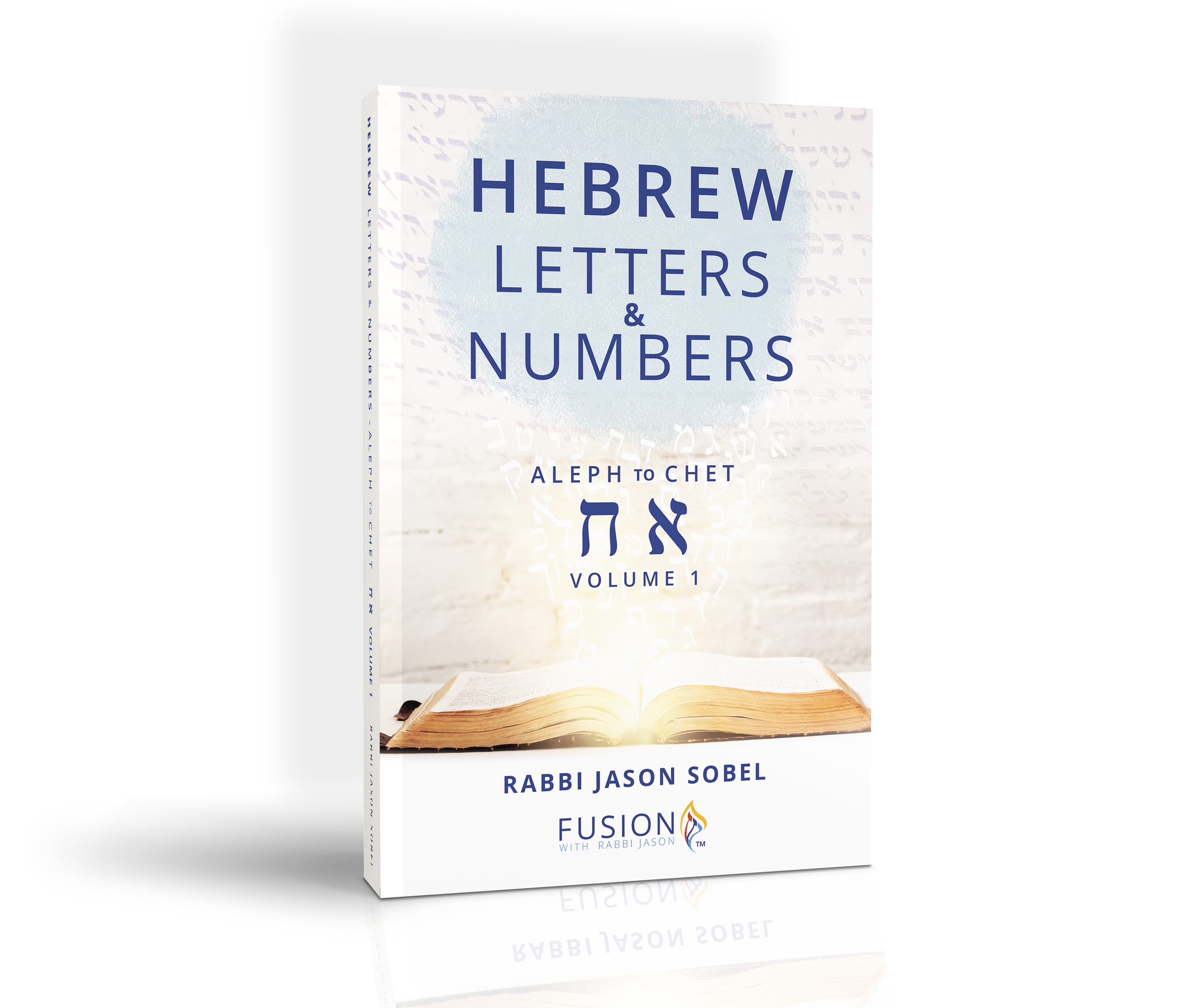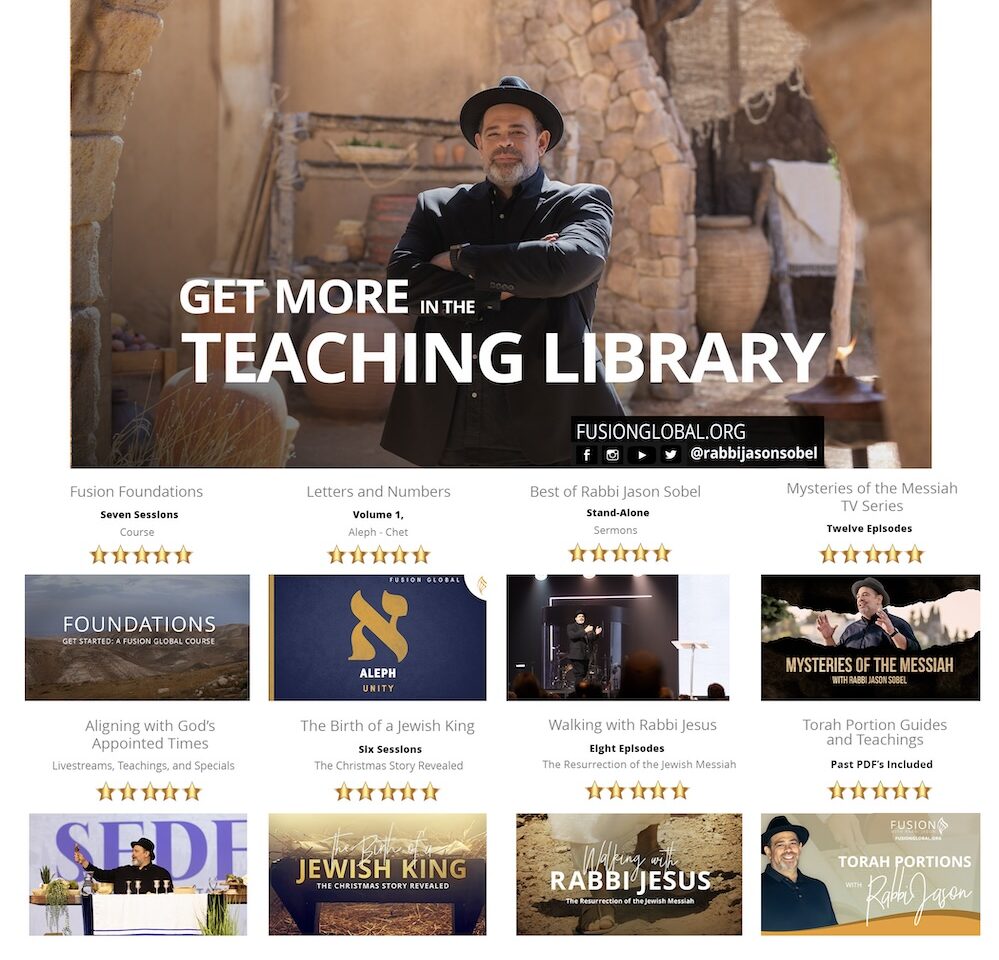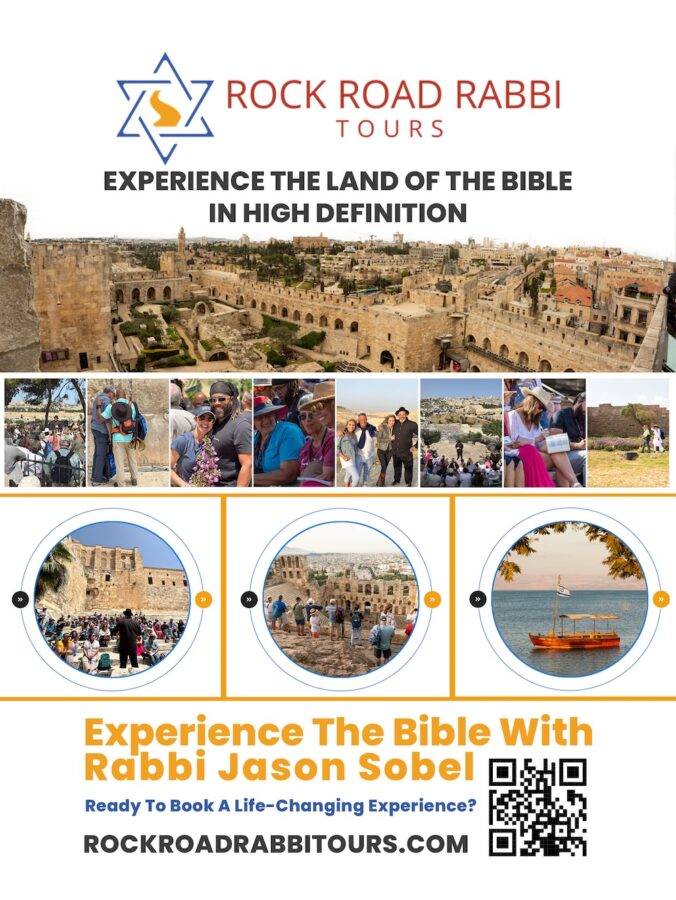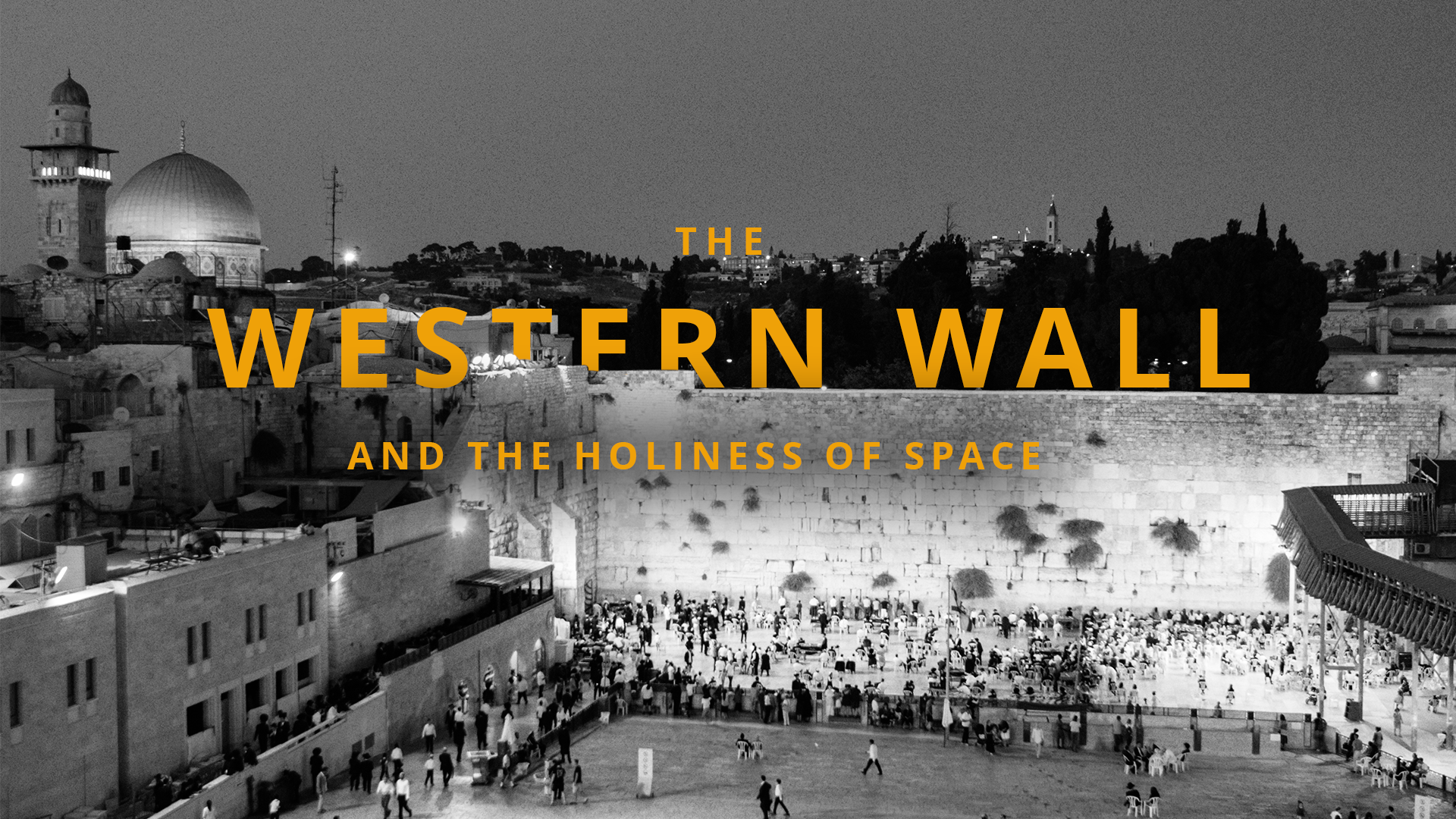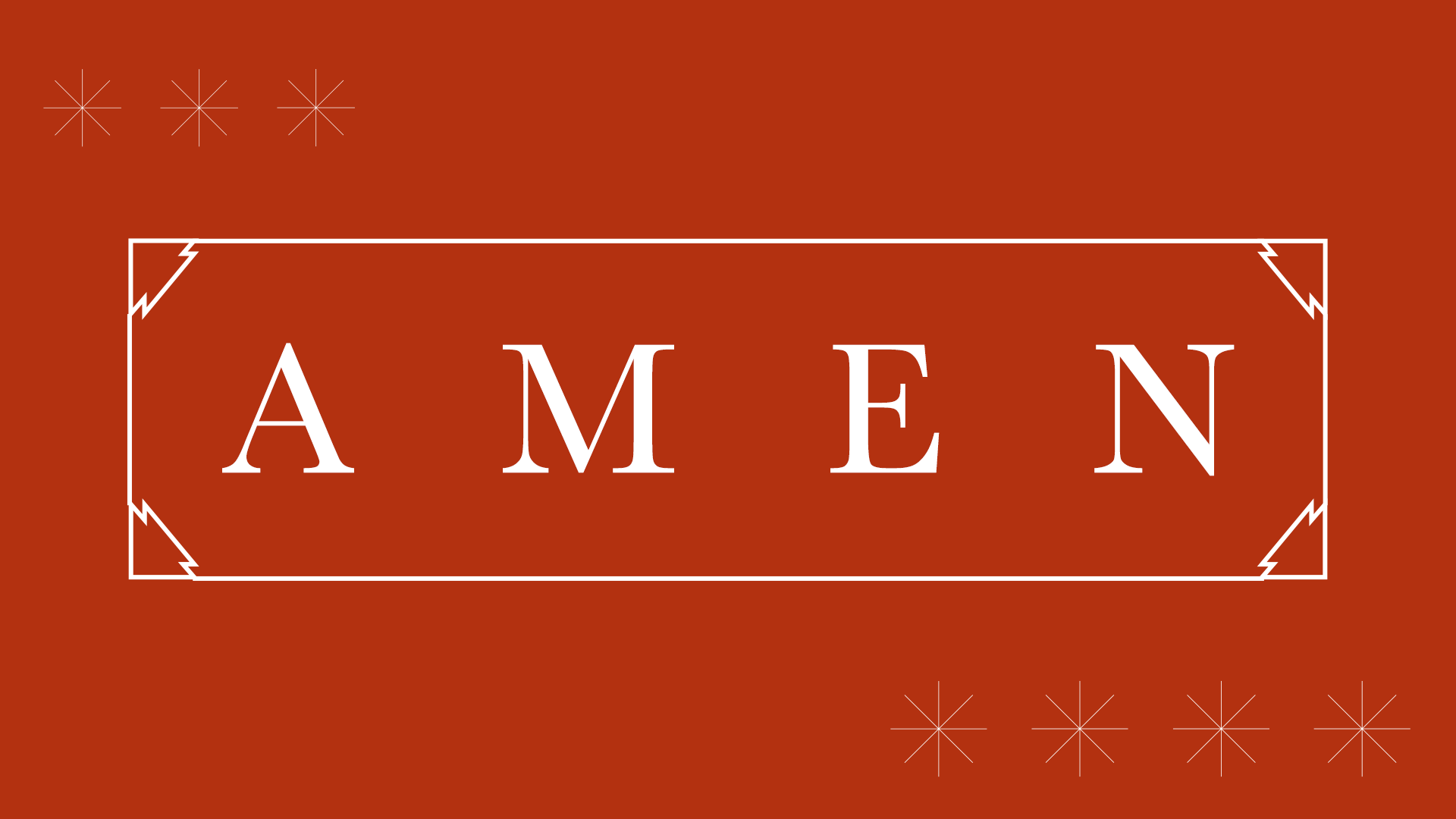The Spiritual and Historical Significance of Jerusalem
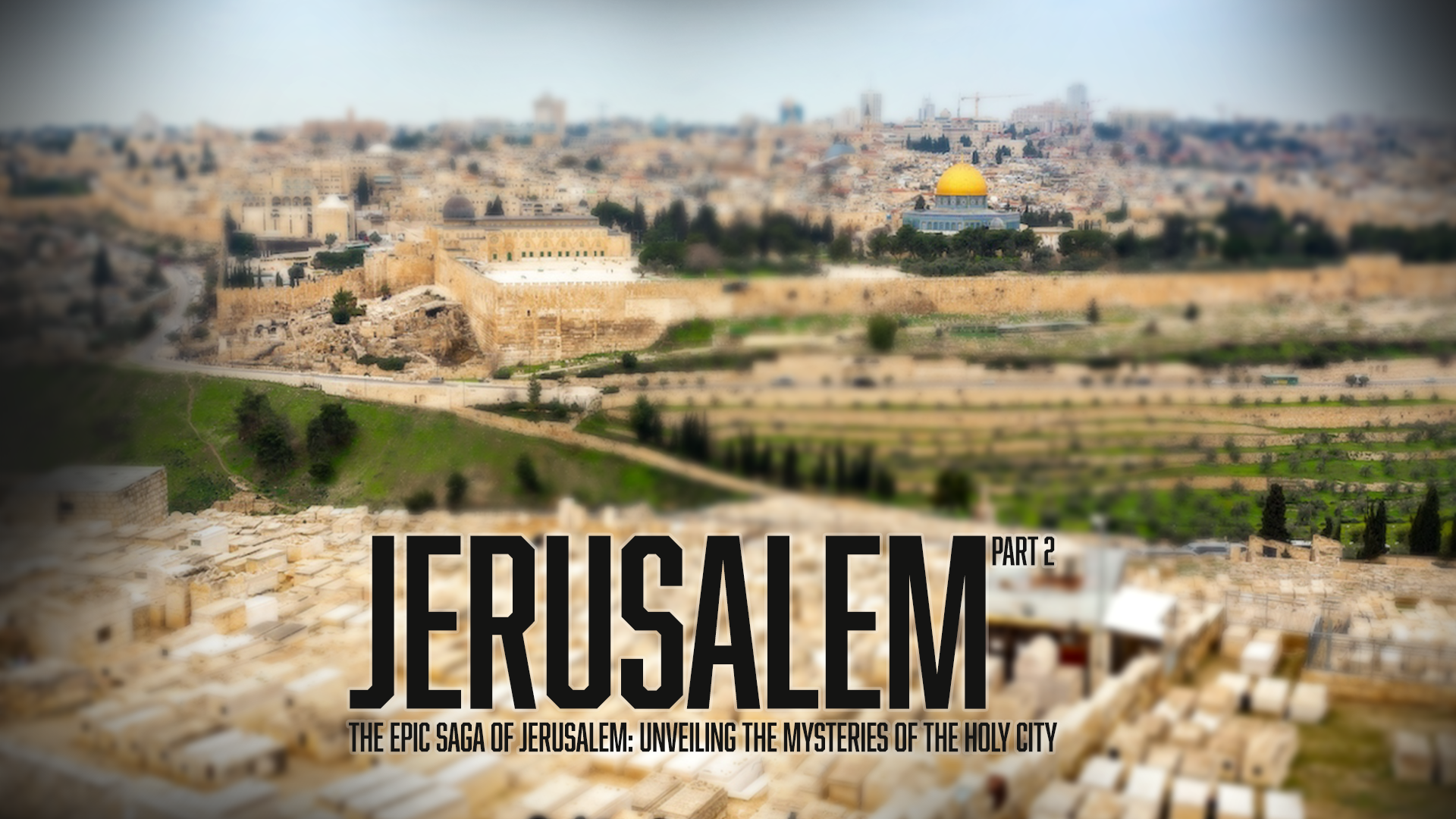

Journey with me to Israel. Specifically, let’s journey to Jerusalem. In Part 2 we will explore the spiritual and historical significance of Jerusalem. In the previous blog post, we discussed Jerusalem’s historical significance from a socio-political point of view, primarily focusing on the admittedly obsolete economics of the situation that made Jerusalem such a contested space. However, at least for Jews, this ancient and beautiful city has a significance that both predates and far surpasses its economic value: its rich spiritual importance.
This transcendent value ultimately bleeds over into Christianity as well. Though it took time to develop fully, Jerusalem, the pinnacle of Mount Moriah (also known as the “Temple Mount”), was the place in Judaism where heaven and earth kissed. This incredible story that weaves together geography and faith began when God said to Abraham, “Take your son, your only son whom you love—Isaac—and go to the land of Moriah, and offer him there as a burnt offering on one of the mountains about which I will tell you” (Genesis 22:2). This is arguably the pivotal moment in Jewish and (to a lesser extent) Christian history.
Open any Jewish prayer book for morning prayers, and before all the other readings of the offerings, you will find this account of the binding of Isaac. One could say that this “event” inaugurated the concepts of substitutionary sacrifice and absolute obedience to God. In contemporary Judaism, observant Jews keenly remember the “binding of Isaac” during the days of repentance between Rosh HaShannah and Yom HaKippurim when they blow a shofar (i.e., rams horn). As Scripture notes, that moment on Mount Moriah sealed and authenticated the Abrahamic Covenant, and thus the Jewish people were born. For that reason, Mount Moriah (the place that would come to be known as Jerusalem) would be a special place for the Jewish people.
Israel’s transformation from a family into a nation occurred in the wilderness, on the other side of the Red Sea deliverance. On the way to the Promised Land, their worship centered around a moveable tent known as the Tabernacle. But notice what the Lord said to Moses, “Then the place ADONAI your God chooses to make His Name dwell, there you are to bring all that I command you—your burnt offerings and your sacrifices, your tithes, the offering of your hand, and all your finest vow offerings that you vow to ADONAI. Then you will rejoice before ADONAI your God—you and your sons and daughters, your slaves and maids, and the Levite in your towns, for he has no portion or inheritance among you. Be careful that you do not offer your burnt offerings in any place you see. Rather do so only in the place ADONAI chooses in one of your tribes—there you are to offer your burnt offerings, and there you are to do all I am commanding you” (Deuteronomy 12:11-14 emphasis added). These nomadic worshipers received a promise of a permanent center of worship.
This promise reached its fulfillment centuries later under the rule of King Solomon. Having finally completed the construction of the Temple in Jerusalem, Solomon offered a long prayer. In it, he asked God to hear the prayer of the Israelites should any trouble (he gives a pretty exhaustive list) befall them, prompting them to turn to that place (i.e., Jerusalem) and pray. Notice God’s reply: “My eyes will be open and My ears attentive to the prayer offered in this place. For now I have chosen and consecrated this House so that My Name may be there forever. My eyes and My heart shall be there perpetually” (2 Chronicles 7:15-16 emphasis added). Until this point, the Tabernacle—the precursor to the Temple—had been the focal point for sacrificial worship. The Almighty’s answer to King Solomon’s prayer denoted an official shift to a fixed “place”: Jerusalem.
Even after the Temple lay in ruins following the Babylonian siege, this (geographical) prayer focus continued. Consider Daniel’s physical and directional intention while living in exile under Persian rule: “Now when Daniel learned that a written decree had been issued, he went into his house, where the windows in his upper room opened toward Jerusalem. Three times a day he knelt down, prayed and gave thanks before his God, just as he did before” (Daniel 6:11 emphasis added). Even with the Divine glory having departed Jerusalem and the Temple in ruins, the righteous in exile would turn toward the Temple site—as in Solomon’s prayer—as the focus of their worship.
The inauguration of the New Covenant did not diminish Jerusalem’s significance. As the epistle notes: “But you have come to Mount Zion—to the city of the living God, the heavenly Jerusalem, and to myriads of angels, a joyous gathering…and to Yeshua, the Mediator of a new covenant, and to the sprinkled blood that speaks of something better than the blood of Abel” (Hebrews 12:22, 24). By His transcending and unifying work on Calvary (which is in Jerusalem), Yeshua transformed Jerusalem’s relevance, extending it beyond Abraham’s physical descendants to include people of all ethnicities by faith. In theological thought, this “heavenly Jerusalem” remains connected to what has gone before. For the time being, these two Jerusalems are, in some sense, divided. Currently, the spiritual Jerusalem is not observable within the physical Jerusalem. Although a time is coming when there will be a shift in this regard, Jerusalem remains relevant to our worship, as it ultimately will be the home of the righteous.
Whether or not we physically face Jerusalem in our worship is not a primary concern. Why? Because Jerusalem is still the focus of worship if we direct our prayers at the throne of God. Believers seek to enter God’s presence in our worship and prayer; thus, we stand in the spiritual Jerusalem. In this way, Jerusalem holds a position of importance and holiness for Jews and Christians that far surpasses any economic or political significance that one can ascribe to the city.
FREE WEEKLY TORAH PORTIONS:
"The Fusion Tribes has challenged others as well as ourselves, to go deeper. Fusion has helped birth a new purpose and understanding of the Torah and the Teachings brought forth. I am deeply challenged to understand more and clearly become a true Disciple of Yeshua."
What is Fusion with Rabbi Jason?
It is in looking back at what God has done that we can see forward to His future plans for us. “For I know the plans I have for you,’ declares the Lord, plans to prosper you and not to harm you, plans to give you hope and a future” Jer 29:11.
At Fusion Global with Rabbi Jason Sobel, we want to add definition to your faith as we restore the lost connection to our ancient roots and rediscover our forgotten inheritance.

